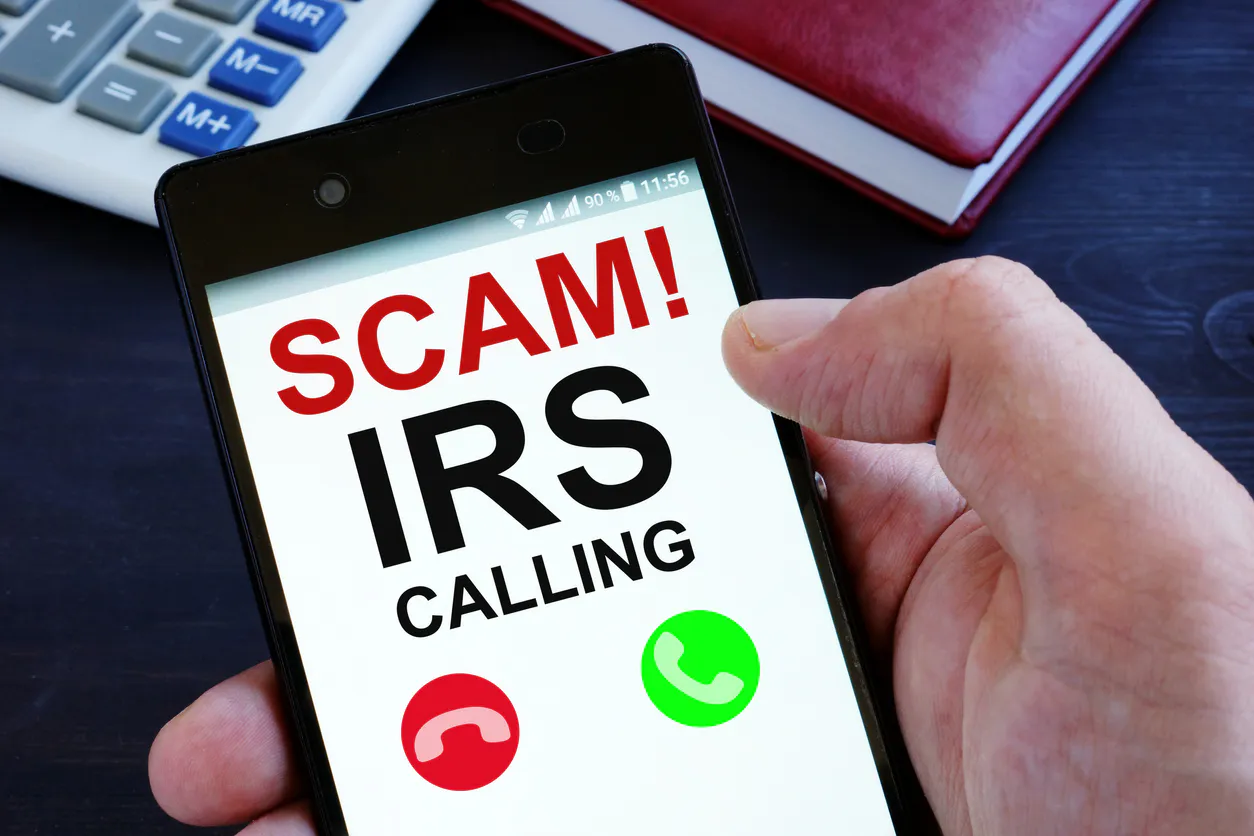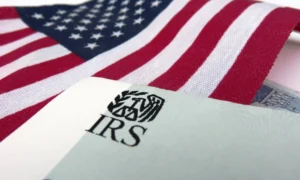You may have received an automated phone call that claims that you owe back taxes. Many of these calls and emails are fake. Some are so bad that they make you laugh. But what if you receive a letter that looks real? Or what if a person that claims to be an IRS revenue officer with the IRS shows up at your door?
It can be scary if you think that the IRS is coming after you. However, before you do anything else, you should confirm that you are being contacted by the IRS and not a scammer.
At Silver Tax Group, we can help you handle any problems with the IRS, which include recognizing tax scams. Here are five tips that will keep you from being scammed and help you verify that a registered IRS revenue officer is contacting you:
1. Most IRS Collection Cases Start With a Letter, Then a Phone Call
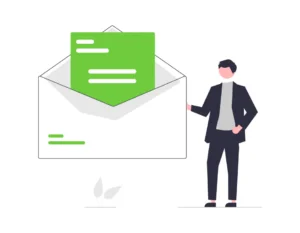
If the first time you hear about your tax debt is from a funny-looking email, it’s probably a scam. But if you get an official-looking letter in the mail? That might be real.
If you owe money to the IRS, the first thing they will do is send you a letter. IRS letters are all written in the same way. The letter will explain why the IRS is contacting you and will give instructions on how they want you to handle the problem. If you get a letter that doesn’t do both things, it’s probably fake. If the IRS doesn’t receive a response to their letter, they may contact you by phone.
Here are several steps to take to confirm that the letter or phone call is real:
- Verify the letter on the IRS’s website. If you can’t verify the letter on the website or the letter looks suspicious, you should contact the IRS.
- If you are uncertain you owe the IRS money, you can check with them to see what you owe.
- If you get a phone call, ask for the person’s name, IRS badge number, and a callback number. Tell them you will call back once you verify that they are with the IRS. Only call them back once you have confirmed that the phone call is from the IRS.
To verify IRS agent badge number, follow these steps:
- The first tip for verifying an IRS Revenue Officer’s badge number is to ask for their full name and employee identification number (EIN) along with other personal information such as their address and phone number. The EIN is located on the back of their business card, which should also contain their full name.
- You can then call the Federal Taxpayer Advocate’s office at 1-877-777-4778 and enter the EIN into their automated system to confirm that it belongs to a legitimate IRS employee.
If you find out that someone is trying to scam you, report it to the IRS.
2. If You Are an Employer, You May Receive a Visit From a Revenue Officer

As an employer, you have the obligation to withhold taxes from employees. If you aren’t doing this, a revenue officer may show up at your place of business. However, it only happens in certain situations:
- A revenue officer will only show up if the IRS is concerned that an employer may not deposit withheld employment taxes.
- Revenue officers don’t collect tax payments themselves.
- A revenue officer will only show up before withholding taxes are due.
You may receive a telephone call from a revenue officer. Before you receive the call, the IRS will send you a letter to tell you that a revenue officer will call you by a certain date.
3. IRS Revenue Officer Is There to Help You Understand Your Tax Obligations

The purpose of a revenue office is to help you understand your tax obligations and provide you with ways to meet those obligations. A revenue officer will not threaten to arrest you or demand you pay them directly.
If a revenue officer shows up, you shouldn’t ignore them. Make sure to talk with them and take any paperwork they may have. You don’t have to agree to pay the IRS the moment they show up, but at least listen to them and see what tax obligations they claim you might have.
If you want proof that the person is actually a revenue officer, you can ask them for identification. Revenue officers carry two forms of identification. One is a pocket commission. The other is a HSPD-12 card, which is a standard form of identification for federal employees. Each of these cards have serial numbers and a photograph of the bearer.
In addition to these two forms of identification, if a revenue officer shows up at your work or home, they can provide an additional method of verifying their identification.
4. If a Revenue Officer Requests You to Make a Payment, They Will Provide You With Many Different Payment Options

If you have outstanding federal tax debt, a revenue officer may request that you make a payment to the IRS.
A legitimate revenue officer will not ask you to pay them in person. Instead, they will direct you to pay using one of the IRS’s legitimate payment options. These include payment through check, money transfer, or online. In addition, the IRS offers monthly payment plans and in certain cases may temporary delay collection of your tax debt.
If you are thinking about making a payment, you should first confirm that you owe money to the IRS. Once you confirm that you owe money, then you should check with the IRS to ensure that you are using an approved payment method.
5. If You Are Concerned About Paying by Check, You May Pay Online
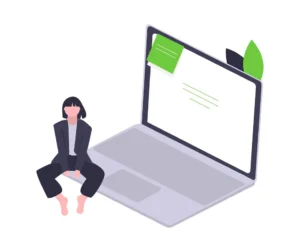
If you are uncomfortable paying by check or through other methods, you can pay online. The IRS has a secure website to make tax payments. This website is known as the Electronic Federal Tax Payment System (EFPTS). EFPTS can be used to make personal and business tax payments. Payments to EFPTS will go towards any taxes you may owe.
To enroll with EFPTS, you have to complete an online form. After you complete the form, the IRS will send you a PIN number by mail. Once you receive the PIN number, you can finish signing up.
If you are directed to make a payment on a website that isn’t EFPTS, it’s probably a fake website. If you are unsure that a website is real, confirm with the IRS before making any online payment.
Owe Back Taxes? We Can Help
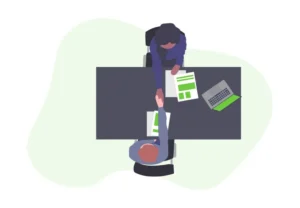
We know dealing with the IRS is hard. If you need assistance with the IRS, contact us to speak with a tax attorney who understands how IRS enforcement works. We can help you deal with any tax issues and avoid tax scams.


